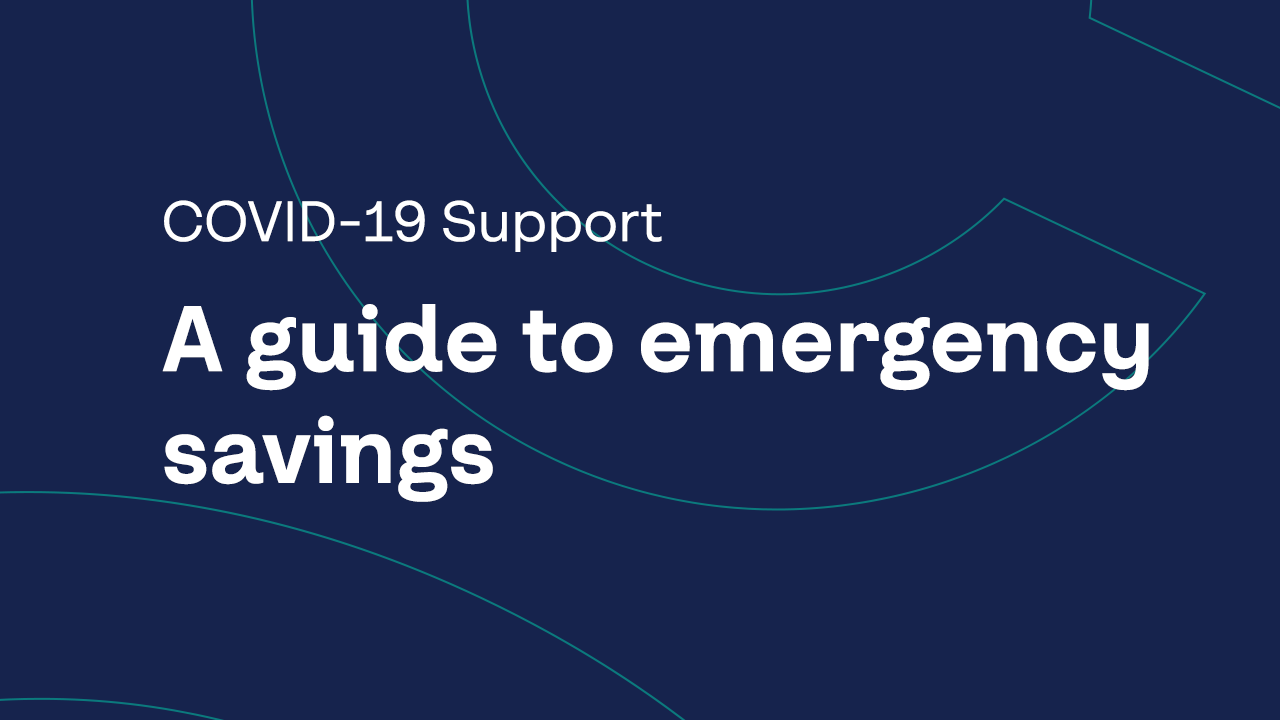Estate planning is a method of protecting the wealth you’ve built over your lifetime, by helping more of it be passed as a legacy rather than swallowed up by taxes and the costs of later-life care.
It’s not exactly the easiest topic to discuss. And we get that. But it is an important one, and it’s something we can do for the ones we love. Plus if you find the right planning professional, these conversations can go much smoother and easier than you might expect.
With that said, let us help you get started with step one which is: documentation.
To get the most out of the process, you should get your affairs in order by drawing up several legal documents which cover two phases: your later life, and after you’ve passed away. Here are the typical documents you may need.
1. While you’re alive
Power of Attorney
The first step is to arrange a Power of Attorney (PoA). This is a legal document identifying someone you trust to look after your financial affairs if your capacity is reduced. This means if something happens to you that renders you unable to make rational financial decisions, the person you appoint will make these decisions for you. The key here is finding that trust. Knowing this person will be making financial decisions on your behalf, you’ll want to grant that power to someone that has your best interest in mind. This is especially important because the power is transferred the moment the document is signed.
Representation Agreement
Next, you should arrange a document called a Representation Agreement, or alternatively a Health Directive. This is similar to a PoA, but its effect are limited to your future healthcare provisions. The trusted person you identify will be able to act in your interests to ensure you receive the care you need, up to and including residential and hospital care.
Alter Ego or Joint Partner Trust
This is a trust which can be set up by those aged 65 or over, with the funds released immediately upon the death of the settlor. The advantage of these trusts is that the surviving spouse or other dependent doesn’t need to wait for probate, and the funds can be used to avoid interruption to healthcare, for example.
2. After you pass away
Your Will
Your last will and testament sets out how you want your estate’s assets to be divided after your death. It also names the will’s executor, or the person with the responsibility of carrying out the settlement and divvying up your assets according to your will. Importantly, you should have separate wills for each legal and financial jurisdiction you hold assets in.
Life Insurance
Setting up a life insurance policy is a tax-efficient way to pass wealth on to your dependents. And what’s more, if you have a designated recipient on the policy, the payout won’t be subject to probate and will be immediately available after a successful claim.
Private Shares Will
For those who own or invest in a business, there may be additional documents you’ll want to address as part of estate planning. For example, in BC and Ontario it’s possible to draw up a second, non-probate will to cover your shares in a Canadian-controlled private corporation. To avoid legal difficulties, the will shouldn’t conflict with any conditions already in place through a shareholder agreement. An important thing for BC residents to note about non-probate Wills is that they must have a distinct executor from their primary will. This is not the cast in Ontario, however–only exclusive to British Columbia.
Prenuptial Agreement or Co-habitation Agreement
Similarly, if you have a prenuptial or co-habitation (common-law)* agreement it’s important to check that its terms don’t conflict with your will or any shareholder agreements. If there’s a dispute or inconsistency between these documents, the court will need to come to a judgment over which one takes precedence. This will delay probate and effectively eat into the value of the legacy, so it’s best to ensure consistency in advance to prevent these delays.
*In British Columbia, common-law couples are treated by the law as married but the name of the agreement is referred to as co-habitation rather than prenuptial
Estate planning can be hard to navigate, especially alone. It’s a complex process, and needs to be approached carefully to achieve the best results and offer the most peace of mind. Talking to the experts is likely to help provide the greatest long-term benefit.
The stuff we have to say
Coast Capital Savings Federal Credit Union provides advice and service related to deposit, loan and mortgage products. Coast Capital Wealth Management Ltd provides investment and financial planning services. Coast Capital Financial Management Ltd. provides advice and service related to segregated funds, annuities and life insurance products. Worldsource Financial Management Inc. provides advice and service relating to mutual funds.



